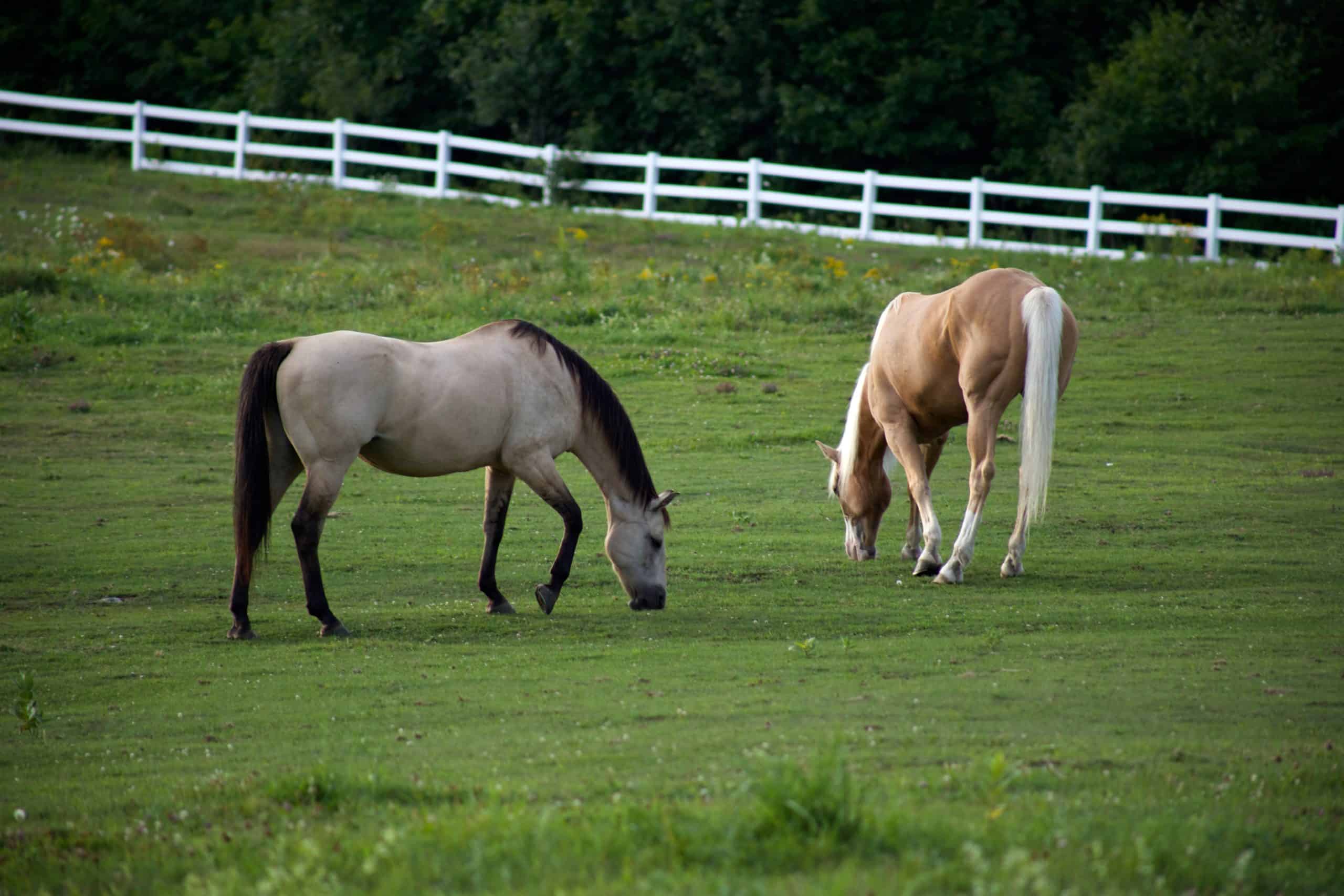Canada-wide flat shipping $9.99 | Free shipping for orders over $100
This is the second post in my nutrition series. If you missed the first one on vitamin E, here it is.
As equestrians, we want the best for our horses and part of that is understanding nutrition. As a horse and barn owner, I’ve always had an interest in digging deeper into recommendations from equine experts.
This week, I read through these two articles and summarized their notes and recommendations below for you:
Evaluate current feed—Look at the selenium content in your hay and other feeds and grains, if they are at 3 mg, awesome!
If Selenium deficiency is suspected—contact your veterinarian to have a blood test done. With advice from your veterinarian, add a selenium supplement to your horse’s diet. Careful—Work with your veterinarian to calculate how much selenium is currently in the horse’s diet, forage and grains), then supplement. Too much selenium and selenium toxicity can happen fast and be deadly.
Selenium is an essential nutrient for horses in North America, so it should be supplemented and in cases of deficiency, consult your veterinarian.
Hungry for more? Here is the next post in the series Equine nutrition: Biotin.
